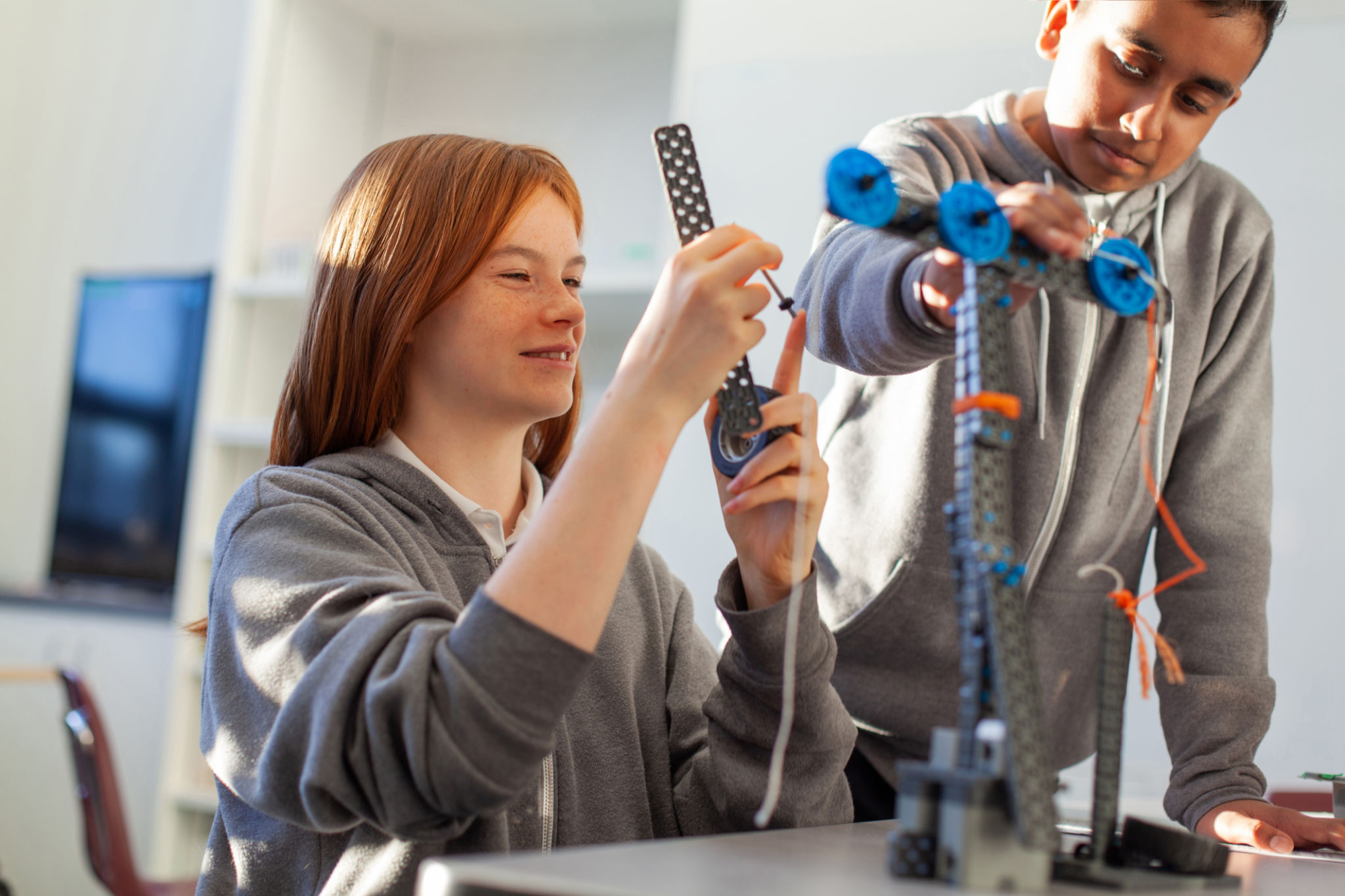Why Holistic Education Matters: Moving Beyond Test Scores
Understanding Holistic Education
Holistic education is an approach to learning that emphasizes the development of the whole person—intellectually, emotionally, socially, physically, and spiritually. Unlike traditional education systems that often focus primarily on academic achievement and standardized test scores, holistic education seeks to nurture the inherent potential of each student, fostering a lifelong love of learning and a strong sense of self-awareness.

The core philosophy of holistic education is that students should be encouraged to explore their interests and passions, engage in critical thinking, and develop a deep understanding of the interconnectedness of all subjects. This approach not only helps students excel academically but also prepares them to navigate the complexities of life with confidence and resilience.
The Limitations of Standardized Testing
Standardized testing has long been a cornerstone of educational assessment, yet it has significant limitations. While these tests can provide some insights into a student's academic abilities, they often fail to capture the full spectrum of a student's talents and potential. Relying solely on test scores can lead to a narrow focus on rote memorization and limit opportunities for creative and critical thinking.
Furthermore, standardized tests can create high-pressure environments that foster anxiety and stress among students. This emphasis on performance can detract from the joy of learning and discourage students from taking intellectual risks. Holistic education addresses these concerns by promoting a more balanced and student-centered approach to learning.

Fostering Emotional and Social Development
One of the key benefits of holistic education is its focus on emotional and social development. By creating an environment that supports emotional intelligence and social skills, holistic education helps students build strong relationships, communicate effectively, and develop empathy and compassion for others.
Activities such as group projects, community service, and mindfulness practices are often incorporated into holistic curricula to enhance social interaction and emotional growth. These experiences not only contribute to a positive school culture but also equip students with the skills they need to thrive in diverse social settings throughout their lives.
Encouraging Creativity and Critical Thinking
Holistic education places a strong emphasis on fostering creativity and critical thinking. By encouraging students to explore new ideas, experiment with different approaches, and think outside the box, holistic education cultivates innovative thinkers who are capable of solving complex problems.

This approach often involves integrating arts, music, and hands-on activities into the curriculum, allowing students to express themselves and engage with content in meaningful ways. As a result, students develop a deeper understanding of subjects and are better prepared for the challenges they will encounter in the real world.
Preparing for the Future
In today's rapidly changing world, the ability to adapt and learn continuously is more important than ever. Holistic education prepares students for the future by equipping them with a broad range of skills that extend beyond academic knowledge. These skills include adaptability, resilience, collaboration, and ethical decision-making.
By moving beyond test scores and focusing on the development of the whole person, holistic education ensures that students are well-rounded individuals ready to contribute positively to society. It empowers them to pursue their passions and make meaningful contributions to their communities.
The Way Forward
As educators, parents, and policymakers recognize the limitations of traditional education methods, there is a growing movement towards embracing holistic education. This shift requires a reimagining of educational priorities and practices to create learning environments that nurture all aspects of a student's development.
By valuing each student's unique strengths and encouraging personal growth alongside academic achievement, holistic education holds the promise of transforming our educational landscape for the better. In doing so, it paves the way for a future where students are not just test-takers but lifelong learners who are capable of shaping a better world.